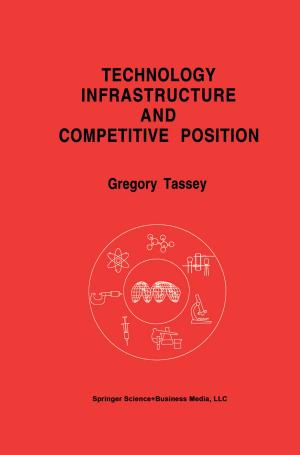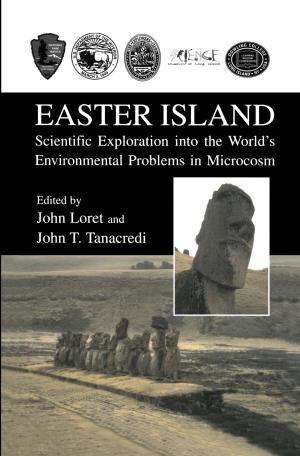Influenza
Nonfiction, Health & Well Being, Medical, Specialties, Pathology, Ailments & Diseases, Infectious Diseases, General| Author: | E.D. Kilbourne | ISBN: | 9781468452396 |
| Publisher: | Springer US | Publication: | December 6, 2012 |
| Imprint: | Springer | Language: | English |
| Author: | E.D. Kilbourne |
| ISBN: | 9781468452396 |
| Publisher: | Springer US |
| Publication: | December 6, 2012 |
| Imprint: | Springer |
| Language: | English |
My lifetime encompasses the postwar subsidence in the early 1920s of the greatest influenza pandemic in history, direct encounters with FM1 virus at Fort Mon mouth in 1947, the care of influenza patients in the 1950s, the pursuit of the in fluenza virus through the modern pandemics of 1957 and 1968, and a present in which the genes of the virus have dissembled in the DNA of vaccinia virus and Escherichia coli through the wand of "high tech. " If my corpus could be fossilized for archival and archaeological purposes, it would be found to contain immune cells branded with the imprint of the "swine" influenza virus of post-1918 and brain cells no less imprinted with memories of the abortive return of its descendant during America's bicentennial. But before that unlikely event, I wanted to try to make some sense out of this baffling dis ease and its viruses-expecting no definitive revelations but hoping for a sharper definition of problems. Hence this book. It is an audacious act in these days of specialization to essay a book such as this singlehandedly, but I have done so for selfish reasons. I wanted to reexam ine old questions about the nature of influenza and its epidemics in the light of the dazzling advances in molecular biology of the past few years. No virus has been better studied, but few diseases are less well understood.
My lifetime encompasses the postwar subsidence in the early 1920s of the greatest influenza pandemic in history, direct encounters with FM1 virus at Fort Mon mouth in 1947, the care of influenza patients in the 1950s, the pursuit of the in fluenza virus through the modern pandemics of 1957 and 1968, and a present in which the genes of the virus have dissembled in the DNA of vaccinia virus and Escherichia coli through the wand of "high tech. " If my corpus could be fossilized for archival and archaeological purposes, it would be found to contain immune cells branded with the imprint of the "swine" influenza virus of post-1918 and brain cells no less imprinted with memories of the abortive return of its descendant during America's bicentennial. But before that unlikely event, I wanted to try to make some sense out of this baffling dis ease and its viruses-expecting no definitive revelations but hoping for a sharper definition of problems. Hence this book. It is an audacious act in these days of specialization to essay a book such as this singlehandedly, but I have done so for selfish reasons. I wanted to reexam ine old questions about the nature of influenza and its epidemics in the light of the dazzling advances in molecular biology of the past few years. No virus has been better studied, but few diseases are less well understood.















